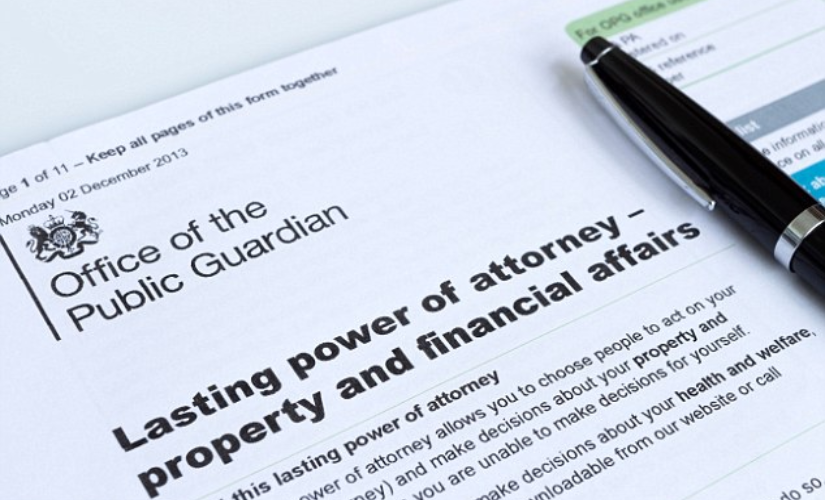A Lasting Power of Attorney (LPA) is a form of legal documentation that allows you to appoint someone to take care of you and your finances, were you lose mental capacity and become unable to do so yourself.
There are two different types of LPAs you can make. The type of LPA you take out will determine what your attorney can make decisions about:
Property & Financial Affairs LPA (PFA):- allows your attorney to look after and manage any property you might have and your finances including bank accounts, mortgages and investments.
Health and Welfare LPA (HW):- allows your attorney to make decisions relating to your physical and mental health and welling such as where you live and what care you receive.
An LPA can only be used after it has been registered at the Office of the Public Guardian (OPG).
You must be 18 or over and have the ability to make your own decisions when you make your LPA.
This will depend on what document you have prepared and what decisions you have allowed them to make. If you have given them general authority to act on your behalf, they will be able to make all decisions that you would have been able to make but for your incapacity.
In general for an LPA PFA, an attorney can deal with any of the following (this list is not exhaustive):
• opening and closing bank accounts
• paying bills
• buying, selling, and maintaining property
• making investments
• making limited gifts
Attorneys appointed under an LPA HW can make the following decisions (this list is not
exhaustive):
• where you should live
• what you should eat
• what medical treatment you should receive
• who you can have contact with

